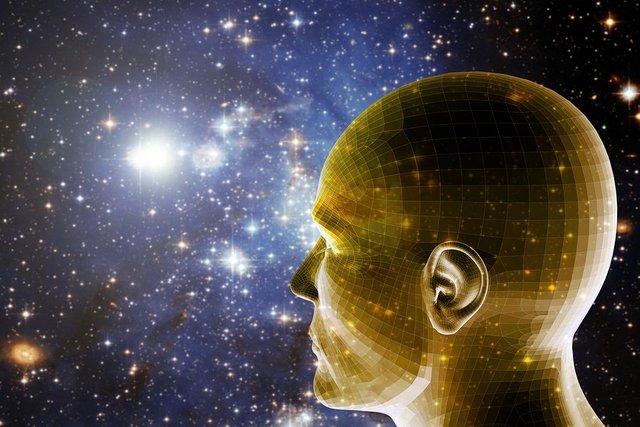Knowledge of the universe
It rejects all religions and hence their Gods for sure. But apart from what theism offers; it predicts that we cannot know whether there can be a God that does not intervene in nature, perhaps without even consciousness.
His record as a philosophical school coincided with the second half of the 19th century. Her main representatives in Western philosophy were Herbert Spencer, William Hamilton and Leslie Stephen.
A doctrine that partially or completely denies the possibility of knowing the universe. This term was first used by scholar Thomas Huxley. Lenin puts the epistemological roots of agnosticism and says that the agnostics isolate the essence and the appearance from each other, that they cannot go beyond the phenomena, that they cannot penetrate the essence of phenomena, and that they do not want to accept anything authentic.
The compromising attitude of agnosticism leads the supporters of agnosticism to idealism. It emerges as skepticism in ancient Greek philosophy: it takes the classic form in Hume and Kant's philosophy. The proponents of pragmatism and positivism argue that Kant's philosophy cannot be thrown out of the self-thing and the world cannot be treated as self-existence.
The starting point of agnosticism is to limit science, to reject logical thinking, and to distract attention from the knowledge of nature, especially the objective laws of society. Practical, scientific experience and material production are the things that completely refute agnosticism. If people can penetrate some phenomena and reproduce these phenomena, then the work of the unknown is over.
Sponsored ( Powered by dclick )
Is Binance a good crypto exchange.
Let me know in the comments what's your favorite exc...

